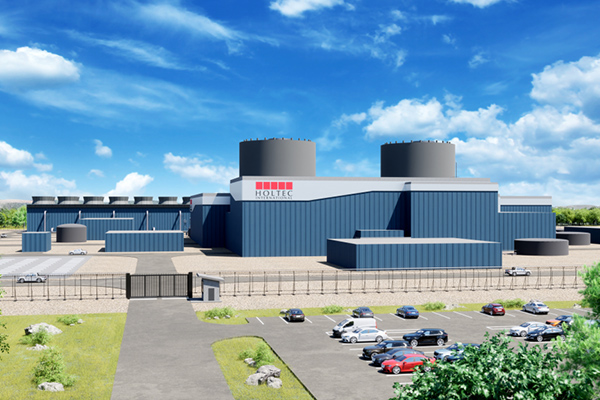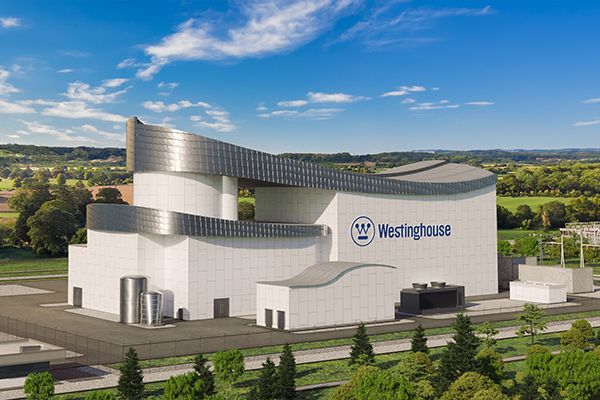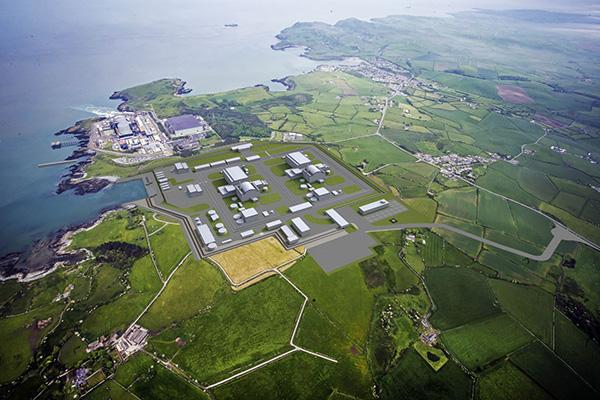The West Cumbrian district of Allerdale has become the second community to launch a working group to consider hosting the Geological Disposal Facility (GDF) for radioactive waste.
With Allerdale’s neighbour Copeland launching its own working group in November, both districts of West Cumbria – the historic heart of the UK’s nuclear industry – are now engaged in local discussions and fact-finding about the potential siting of the GDF. Areas of both boroughs which fall within the Lake District National Park will be excluded from consideration.
Allerdale GDF Working Group will now start the process of local discussions and fact-finding about the potential siting of the GDF in the area. The group includes Allerdale Borough Council, Radioactive Waste Management (RWM), and private company GenR8 North.
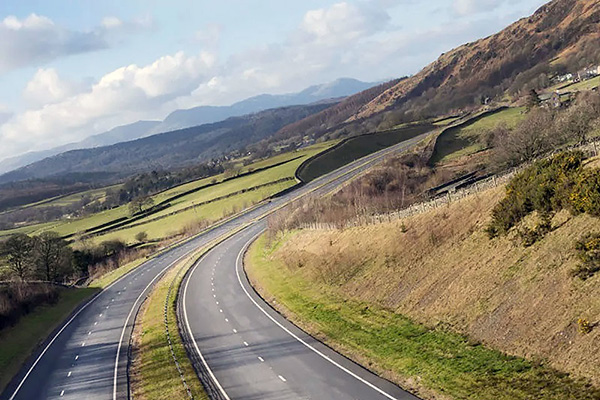
“This is the beginning of a long process, and I want people to get involved from the very start to help to steer our way,” said Jocelyn Manners-Armstrong, independent chair of the working group. “A GDF in Allerdale could be a major boost to the area’s future prosperity and the skill base of its workforce. However, as a borough of outstanding natural beauty, with valuable habitats and cultural heritage, it’s also essential that any potential development doesn’t impact upon the things that make Allerdale a special place.”
The group will initially focus on gathering information about the local area and views of the local community, and identifying a search area for further detailed consideration. The group will also identify the initial members of a community partnership that will continue discussions, share information and worke alongside RWM as geological investigations take place.
RWM chief executive Karen Wheeler welcomed the move. “The formation of a working group is a very early step in the process, but it demonstrates real progress is being made towards finding a willing community and suitable site for one of the biggest environmental protection projects of our lifetime – disposing of higher activity waste safely and securely in a GDF,” she said.
“This is a massive infrastructure investment for a local economy, and a vital project for the UK. It will create thousands of jobs over its lifetime, bringing opportunities to develop a local workforce with the skills and expertise that will be needed. A GDF will also attract further inward investment together with supply chain opportunities over the course of many decades and into the next century.”
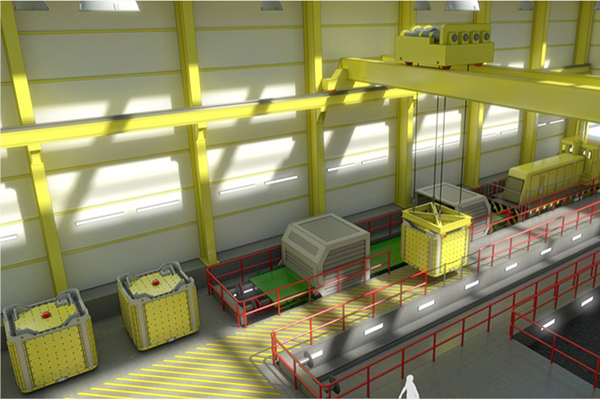
A GDF would be made up of highly engineered vaults, located hundreds of metres underground, and designed to protect the environment while higher-activity radioactive waste decays naturally to safe levels.
RWM is aiming to build a GDF by the 2040s, with operations running into the next century as waste is transferred from more than 20 stores around the UK. Constructing and operating the facility will bring long-term job opportunities for the host community, as well as significant opportunities for the UK’s nuclear supply chain.
“The development of a GDF in the Borough of Allerdale would lead to long-term economic benefit, with the development of a supply chain to service the construction and operational phases of the project,” says Philip Jardine, the Nuclear AMRC’s business development manager for decommissioning, and a long-term Allerdale resident. “It would lead to the creation of business clusters that could leverage worldwide opportunities and create highly-skilled long-term jobs.”
Development of a GDF for the long-term disposal of radioactive waste will require extensive research into a host of areas including engineering, materials and applied social sciences. Last year, RWM launched a Research Support Office in partnership with the Universities of Manchester and Sheffield, with the Nuclear AMRC leading the advanced manufacturing programme.

